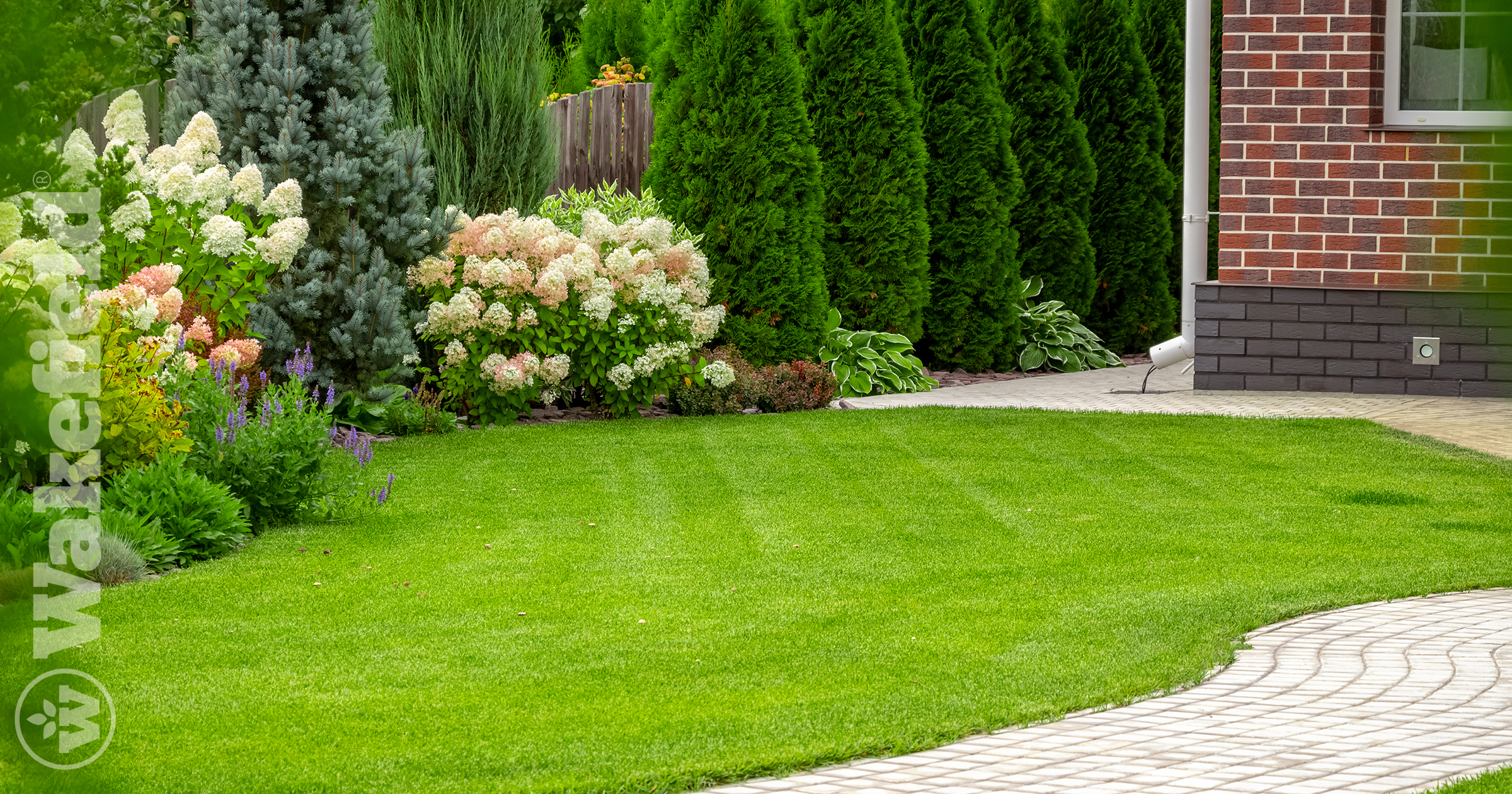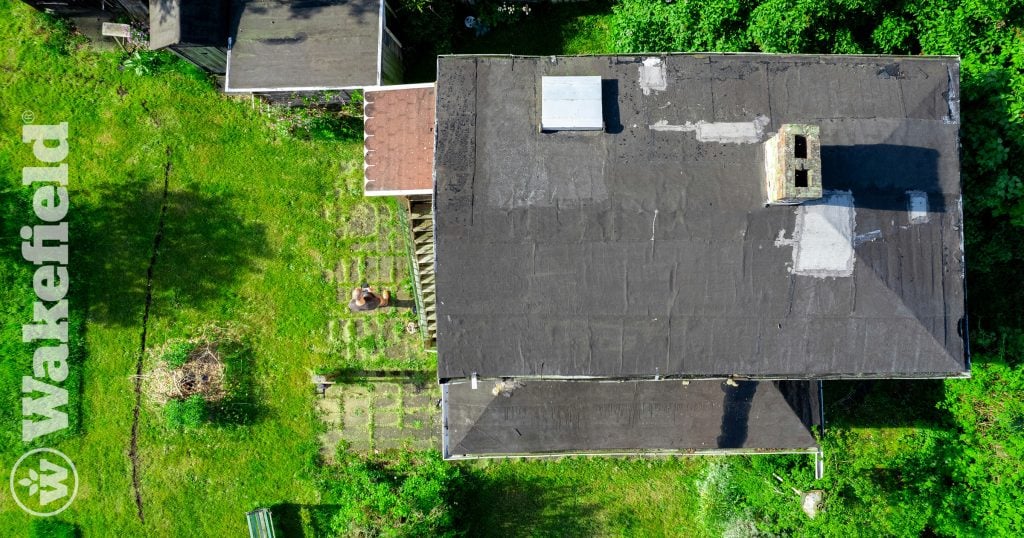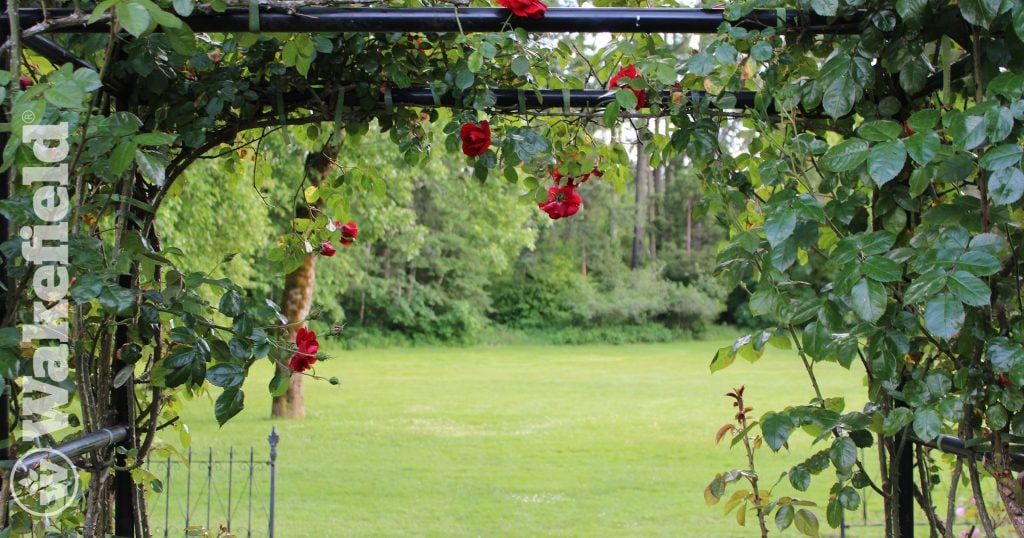How to Use Biochar for Lawn Care

A lush, green lawn is the pride of any homeowner. Achieving and maintaining a beautiful lawn requires proper care and nourishment. Wakefield BioChar offers a sustainable solution to help you create a healthier, greener lawn. Here’s how you can use Wakefield BioChar to transform your lawn and keep it looking its best.
Preparing Your Lawn
To get started, mow your lawn and remove any debris like leaves or twigs. If your lawn has bare spots, consider aerating it. Aeration involves making small holes in the soil to allow air, water, and nutrients to penetrate deeper. This helps improve soil structure and promotes healthy grass growth.
Applying Wakefield BioChar
Spread Wakefield BioChar evenly across your lawn. You can do this by hand or use a broadcast spreader for larger areas. Aim for a thin, even layer to ensure all parts of your lawn benefit from the biochar’s properties. For optimal results, mix biochar with compost or topsoil before applying it to your lawn. This combination provides immediate nutrients while biochar improves long-term soil health.
Watering Your Lawn
After applying Wakefield BioChar, water your lawn thoroughly. Watering helps biochar settle into the soil and start working its magic. Biochar’s porous structure holds onto moisture, reducing the need for frequent watering and keeping your lawn hydrated. Continue to water your lawn regularly, especially during dry spells. Biochar will help retain moisture, but your grass still needs consistent watering to thrive.
Regular Lawn Care
Maintaining a healthy lawn involves regular care. Mow your lawn regularly, keeping the grass at a suitable height. Remove weeds promptly to prevent them from competing with your grass for nutrients and water. Each season, apply a thin layer of biochar to keep your soil healthy and your lawn looking its best.
Wakefield BioChar is a powerful tool for creating and maintaining a healthy, green lawn. By improving soil structure, retaining nutrients, and reducing water usage, biochar helps your lawn thrive. Incorporate Wakefield BioChar into your lawn care routine and enjoy a lush, beautiful lawn all year round.
For more information and to explore our range of biochar products, visit Wakefield BioChar. Join our community of homeowners dedicated to sustainable and effective lawn care.
Better soil. Better world. Happy landscaping!







